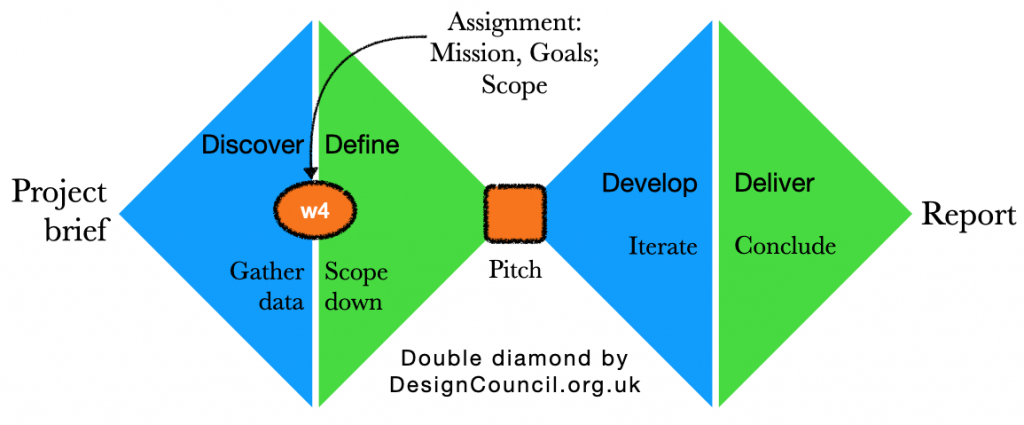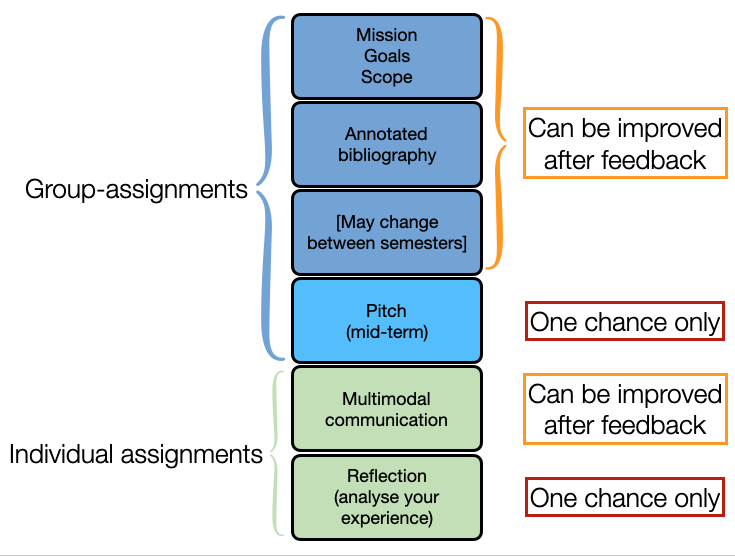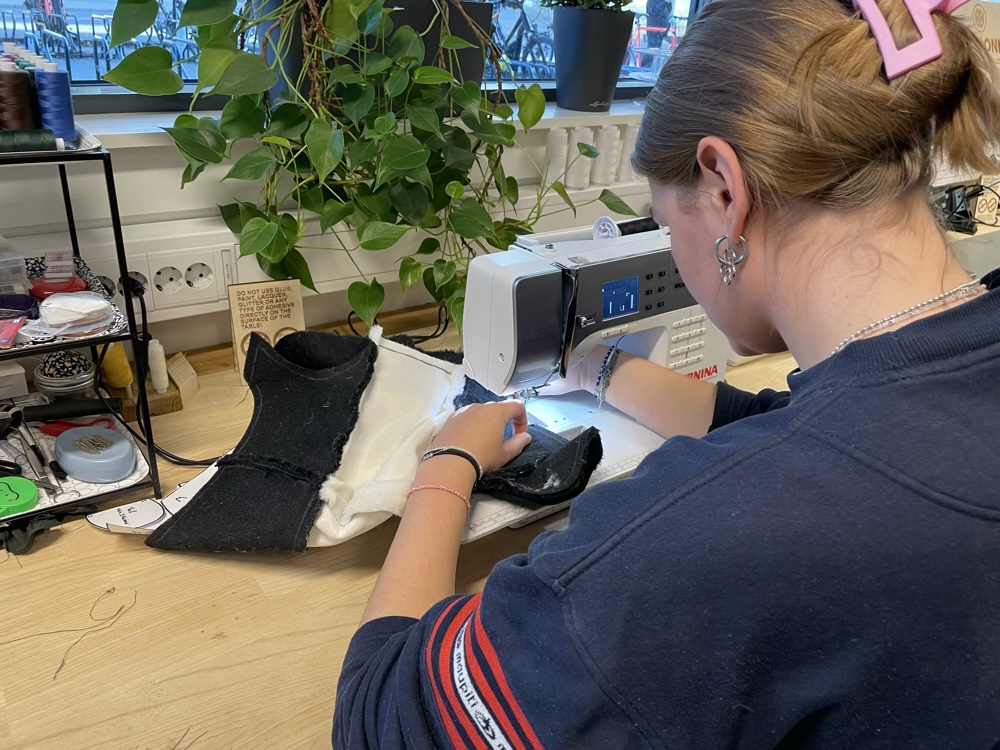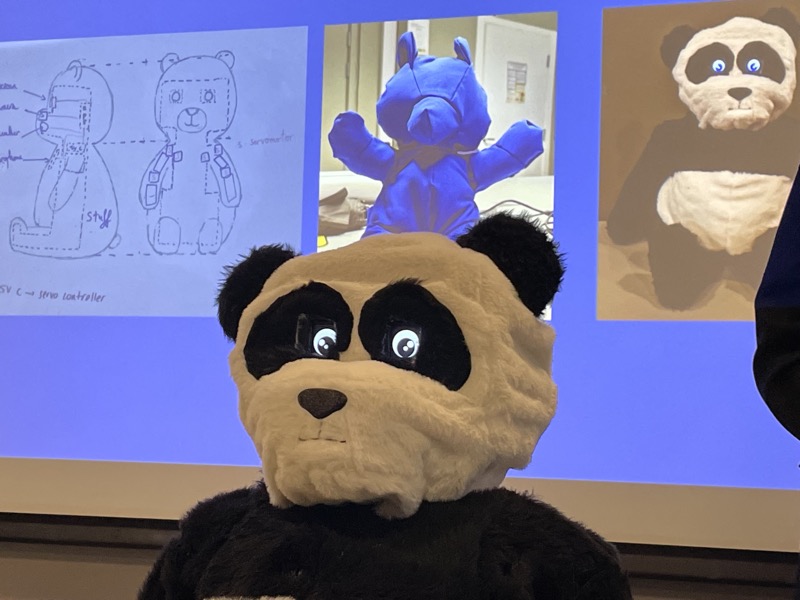Semester structure
The final schedule is only ready 4 weeks before start of semester. Below is our general structure. Please do not plan any trips the first three weeks! You must attend 80 % of activities to complete the EPS semester. The Mentors’ meetings, Pitch, and the Oral presentation are most important.
A typical schedule for an EPS-course:
Most weeks:*
2x 45 minutes «Working in Projects» (WiP)
2x 45 minutes «Collaboration and Communication in English» (CCE)
- Week 1 or 2: Two-day workshop about working in international teams
- Week 3 or 4: One-day workshop about sustainability
- Week 5-ish: Mentors’ meeting 1 (mandatory!)
- Week 8 or 9-ish: Pitch! The mid-term presentation where you pitch your project
- Week 12 to 15-ish**: Mentors’ meeting 2 (mandatory!)
Two weeks before the end of semester: Hand in final report for grading
Last week of semester: Oral presentation and grading; Farewell gathering (non-mandatory)
* There are some weeks without CEE in the beginning and some weeks without WiP in the end. There is a ‘travel-week‘ each semester. (Fall 2023: probably 3rd–9th October; Spring 2024 probably 20th—26th February.)
** Our fall semester is shorter than our spring semester!
Typical development for a project

The project briefs (descriptions) are very open, rather than well-defined — as some students are used to. Therefore, students have the possibility to form their own projects. But this also means that you must spend some time exploring possibilities and then formulate your own narrow «mission» before you scope down and define exactly you will do.
Assignments in supporting courses
«Collaboration and Communication in English» (CCE) and «Working in Projects» (WiP) are supporting courses — they are ment to support your work with the main projects.

All the assignments are created to assist the process with the report. For example, you are expected to include some previous knowledge (published research) in your report; simply document that any claims have a sound foundation. Therefore, one assignment is to find some relevant research papers and create an annotated bibliography.
All assignments are read by the professors for CCE and WiP and jointly graded for a single, individual 10 ECTS grade — A-F.
Practical work and research through prototyping and testing




This will become a robot. The students have done literary review and desk research, met with several professors to learn before they decided on a concept. They now create a proof of concept that can be used for tests, as well as demonstrate a concept. Students are programming, soldering, sewing a soft outer layer and more.
The mission brief was:
Social robots offer substantial promise for helping children in healthcare contexts. Most existing social robots are commercial products that are not often suitable for children. We want you to design a proof-of-concept of a social robot that can serve as a starting point for further research and experiments. You should be prepared to do some research as we need the design to be quality-assured, and a well-documented process is expected. The end goal is a robot that can lighten the moods of children e.g. through conversation